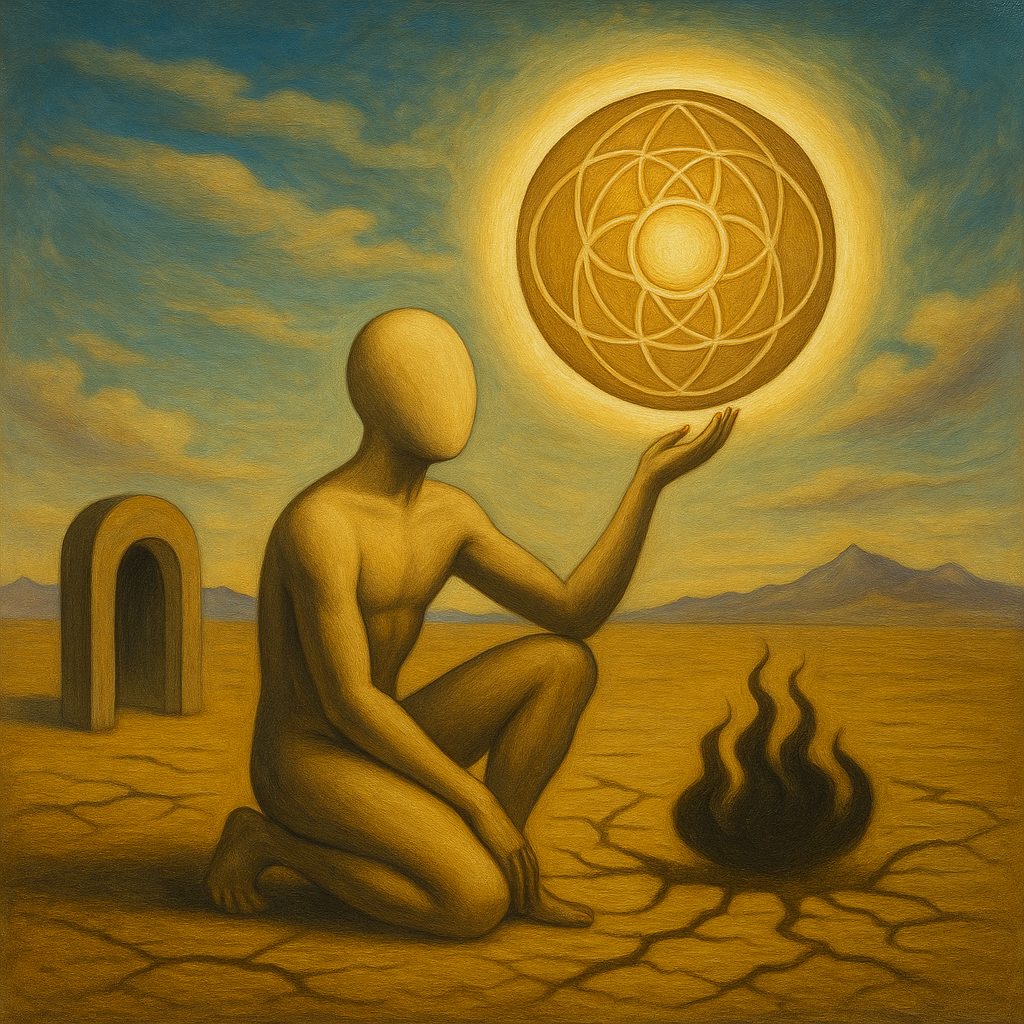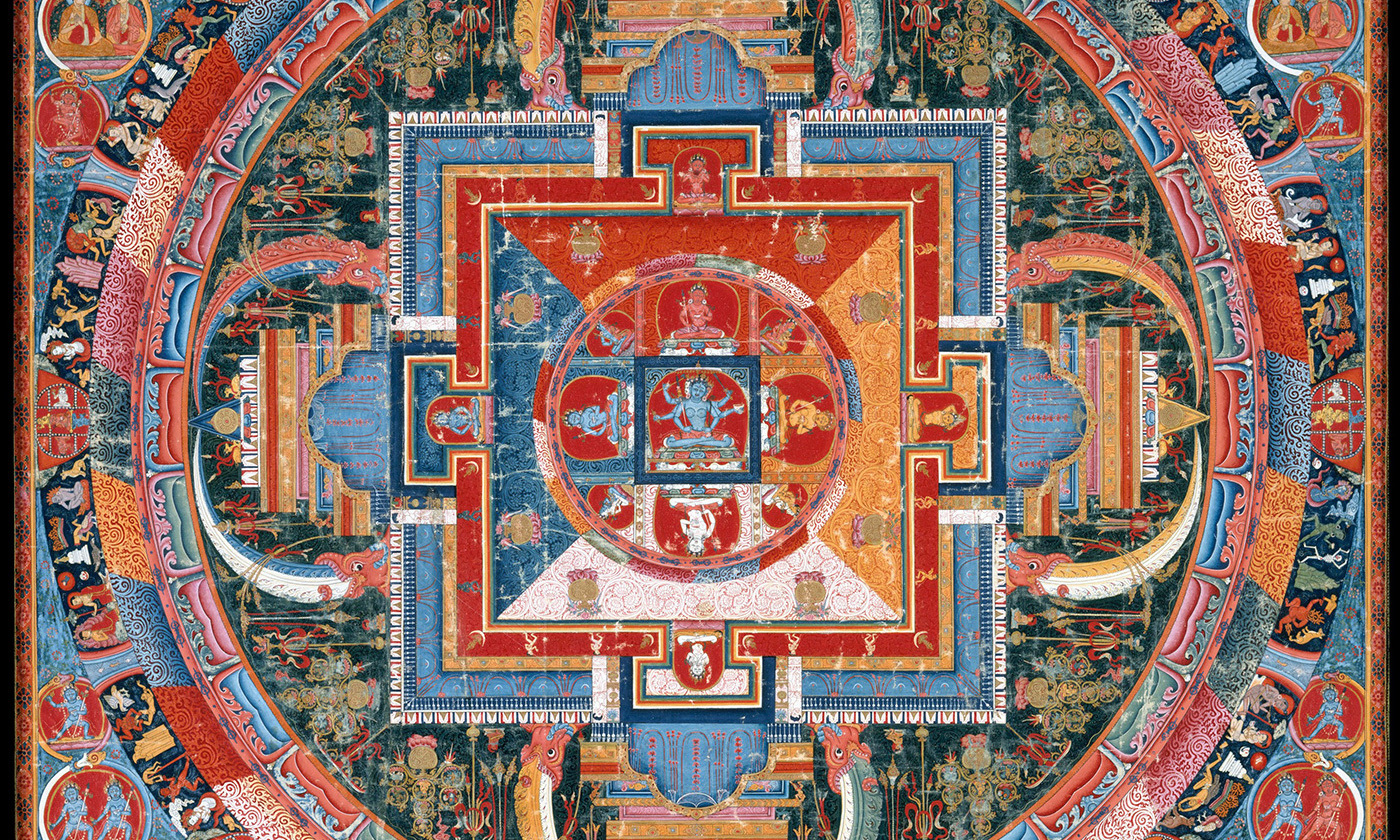Gain New Perspectives
Psychology Articles | Tests | Research | Theories | Books
Envision your Evolution is more than just a platform; it’s a movement, a mission, an ecosystem with the sole purpose of empowering individuals to discover and embrace their true selves and make the changes they desire in their lives.
Our goal is to facilitate understanding and appreciation of the complexity of human psychology by providing access to the best and latest theories, and resources in the field.
We believe that knowledge is the key to unlocking one’s potential, and that’s why we’ve created a platform that offers insightful psychology articles, engaging tests, comprehensive theories, and curated book recommendations to satiate the curious minds.
Whether you’re looking to improve your mental health, develop emotional intelligence, or simply satisfy your curiosity about how the mind works, Envision your Evolution is here to guide you on your journey towards self-fulfilment and awareness.
Dark Triad Questionnaire
Read our Latest Articles & Find Out New Things
our Mission
communicate relevant and helpful psychological research and theories to curious minds and encourage them to explore the diversity of their predispositions and characteristics.

The Collective Unconscious: Journey into the Depths of Shared Psyche
Carl Gustav Jung, the Swiss psychiatrist and founder of analytical psychology, pioneered the concept of the “collective unconscious,” a term that has since echoed through the corridors of psychology, philosophy, and popular culture. This revolutionary concept transcends the boundaries of individual psychology, connecting us to a realm of shared human experiences and archetypes. This article explores the intricate realm of the collective unconscious and its significance in Jungian psychology.

The Self Archetype: Psychological Wholeness and Individuation Compass
Among the core constructs in Jungian psychology, the Self archetype stands as the most encompassing and integrative. Unlike the ego, which mediates conscious experience, the Self represents the totality of the psyche—conscious and unconscious, personal and transpersonal. It is both origin and goal: the psychic nucleus that orchestrates development and the archetypal image of wholeness that draws the personality forward (Jung, 1959).
Envision your Evolution x Analytical Psychology
The Archetypal Integration & Individuation Assessment (AIIA) is a framework grounded in Analytical Psychology, designed to reveal how the distinct forces within the psyche — such as the Self, Shadow, Persona, Anima/Animus, Inner Sage and Growth Edge — influence perception, emotion, and behavior. Rather than focusing only on external events, the AIIA explores the inner architecture shaping how we interpret and respond to life. When these archetypal energies are out of balance or remain unconscious, they can distort self-perception and create internal conflict. The AIIA helps individuals become aware of these dynamics, assess their level of integration, and realign with a more authentic and unified sense of self.
Begin Where You Are.
Evolve Where You Choose.
At Envision Your Evolution, we believe transformation begins with insight. That’s why we offer Complete Reports for our most trusted psychological assessments—each crafted to help you explore the patterns behind how you think, feel, relate, and grow.
Whether you’re curious about your personality, your resilience, your attachment style, or how you process stress, these reports offer more than just answers—they offer orientation.
Choosing even just one can create a moment of clarity—the kind that shifts how you move through your world.
This is not about fixing who you are. It’s about finally seeing it clearly, so you can build from truth.
The transformation we help achieve isn’t just reflective—it’s directional. That’s why each of our Complete Reports includes not only a detailed analysis of your psychological profile, but also AI-enhanced Positive Evolution Recommendations—personalized, forward-moving guidance designed to meet you where you are.
Each Report includes:
- Graphical Representations of Scores
- General Dimensions Descriptions
- Detailed Dimensions Descriptions
- Book Recommendations
- Positive Evolution Recommendations
You don’t have to know where to start.
You just have to start.
Any human endeavor rooted in the pursuit of truth must rely on fact and not feelings.
Gad Saad
Explore our Products & Discover Yourselves

Jumping to Conclusions: The Leap of Cognitive Misjudgment
Jumping to conclusions is a cognitive distortion where one quickly forms a judgment or decision without substantial evidence. In the landscape of cognitive distortions, “jumping to conclusions” is a prevalent pitfall many unknowingly succumb to. This cognitive bias pushes us to infer or deduce something without adequate evidence, often leading to misguided beliefs and unnecessary emotional distress. To navigate the complexities of our thoughts better, understanding this distortion and its implications is vital.
Untwist your Thinking
Cognitive Behavioral Therapy (CBT) is a type of therapy based on the idea that how we perceive and interpret situations has a significant impact on our reactions and emotions, even more so than the situation itself. When individuals are experiencing distress, their perceptions can often become distorted, which can make it difficult for them to cope with the situation at hand effectively. CBT helps individuals by identifying these distorted thoughts and evaluating how realistic they are.
The best years of your life are the ones in which you decide your problems are your own. You do not blame them on your mother, the ecology, or the president. You realize that you control your own destiny.
Albert Ellis
The Science behind knowledge
Psychological theories and research interested in the study of how people learn and what keeps them motivated to achieve their goals can prove to be of immense beneficial support for anyone interested in bending their minds, perceptions and behaviour to serve them better. Applying psychological science to increase personal and organisational productivity is bound to guarantee overall success and maximise capacities.

The Key Principles of Rolland Viau’s Theory of Motivation
Inspired by the sociocognitive approaches to learning, Rolland Viau proposes an innovative motivation model in the context of acquiring information and completing goals.
Although the model has been initially designed for the learning student, its structures can be just as easily and successfully applied to any situation where an individual is faced with a challenge and a need to be completing a goal.
Opportunity is missed by most people because it is dressed in overalls and looks like work.
Thomas Edison

Applying Lev Vygotsky’s Theory of Social Development in Education
The work of Lev Vygotsky (1934) has become the foundation of much research and theory in cognitive development over the past several decades, particularly of what has become known as Social Development Theory.
Vygotsky’s theories stress the fundamental role of social interaction in the development of cognition (Vygotsky, 1978), as he believed strongly that community plays a central role in the process of “making meaning.”
Why the first 7 years Matter
Theories of development provide a framework for thinking about human growth and learning. But why do we study development? What can we learn from these psychological theories? If you have ever wondered about what motivates human thought and behaviour, understanding these theories can provide useful insight into individuals and society.
Play is the highest expression of human development in childhood, for it alone is the free expression of what is in a child’s soul.
Friedrich Froebel
Journey to the Deep Unconscious
Analytical psychology approaches psychotherapy and depth analysis in the tradition established by the Swiss psychiatrist, C. G. Jung. As originally defined, it is distinguished by a focus on the roll of symbolic and spiritual experiences in human life, and rests on Jung’s theory of archetypes and the existence of a deep psychic space or collective unconscious. Following Jung’s original work ongoing research in his tradition incorporated findings from other disciplines and schools of depth psychology, making analytical psychology a vibrant and growing field of inquiry and therapeutic innovation.

Exploring the Depth of Mandala Symbolism in Analytical Psychology
Mandala is a graphical representation of the center (the Self at Jung). It can appear in dreams and visions or it can be spontaneously created as a work of art. It is present in the cultural and religious representations.
Examples of mandala can be found in all the ancient cultures. We find it in Christianity under the form of frescos with animal images representing apostles and under the form of the zodiac. The astrologic zodiac and its versions are an excellent example of mandala. Also, in the Indian spiritual practices we find fascinating representative cases of mandala, with symbols of the local pantheon.
Through meditation and following a path of thought and action, Siddhartha Gautama, the founder of Buddhism, attained enlightenment, freeing himself from the cycle of death and rebirth. He taught this path to his followers who still practice these principles today.
People will do anything, no matter how absurd, in order to avoid facing their own souls. One does not become enlightened by imagining figures of light, but by making the darkness conscious.
Carl Gustav Jung



